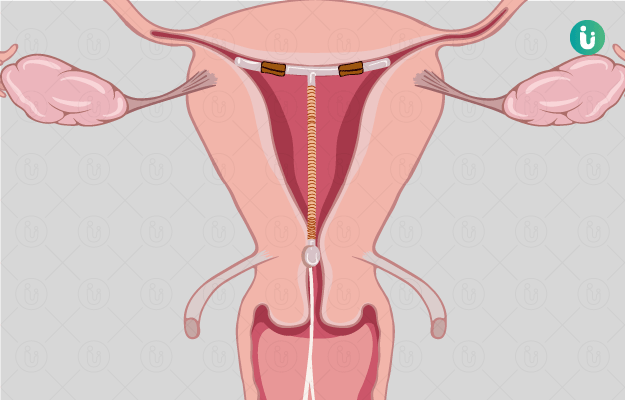Chemical pregnancy is a very early stage miscarriage. Also known as a biochemical pregnancy, trophoblast in regression and pre-clinical embryo loss, it usually happens shortly after implantation. This means that in the days before the miscarriage:
- The woman’s egg would have been fertilised.
- The egg would have travelled down the fallopian tubes and attached itself to the wall of the uterus.
- This also means that the woman’s body would have started producing the human chorionic gonadotropin (hCG) hormone, and a pregnancy test would have been positive before the miscarriage.
However, in a chemical pregnancy, the implanted embryo is lost within two or three weeks. According to India's National Health Portal, 80% of all miscarriages happen in the first trimester. Further, the American College of Obstetrics and Gynecologists (ACOG) data show that chemical pregnancy accounts for 50-75% of all miscarriages.
Most women who are not planning a pregnancy or taking note of their ovulation and pregnancy status, would not even come to know that they have experienced a chemical pregnancy. On the other hand, those couples who are trying various means to get pregnant - including assisted reproductive therapy and methods like in vitro fertilisation (IVF) - would come to know immediately if implantation and later chemical pregnancy has occurred.
The idea that you are pregnant and then not within a few weeks can be devastating. Unlike a false positive pregnancy test - which can be disheartening - a chemical pregnancy is a very early form of miscarriage. Dealing with the loss of a confirmed pregnancy can be traumatic for any couple, but especially for those couples who are getting infertility treatment. Reaching out to friends and family for support and seeking psychotherapy is a good idea to come to terms with the loss.
Here is everything you need to know about a chemical pregnancy.

































